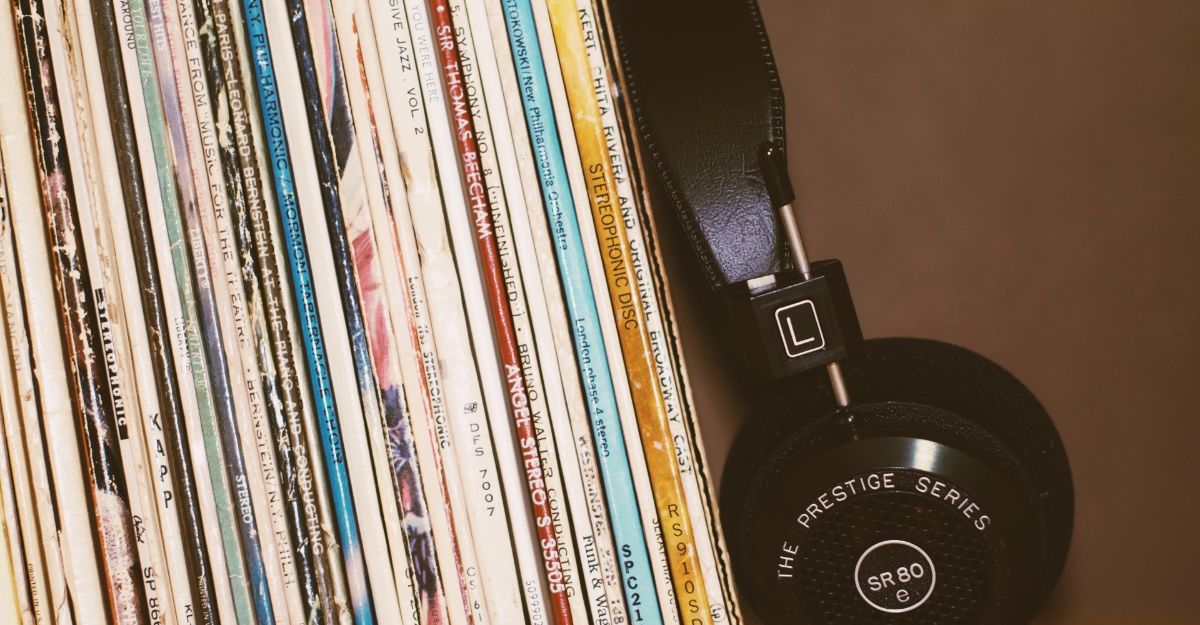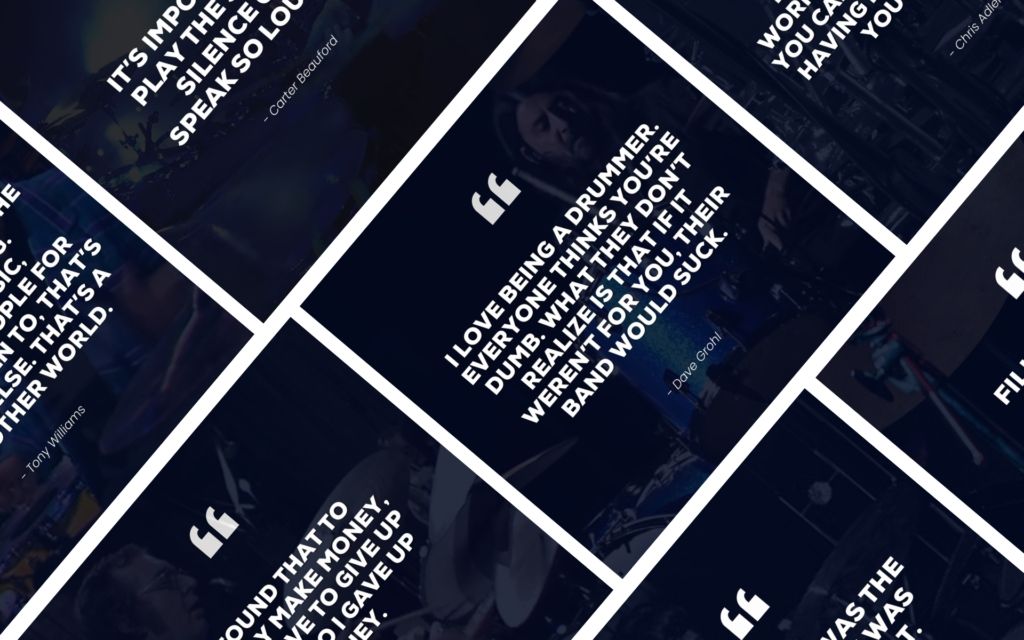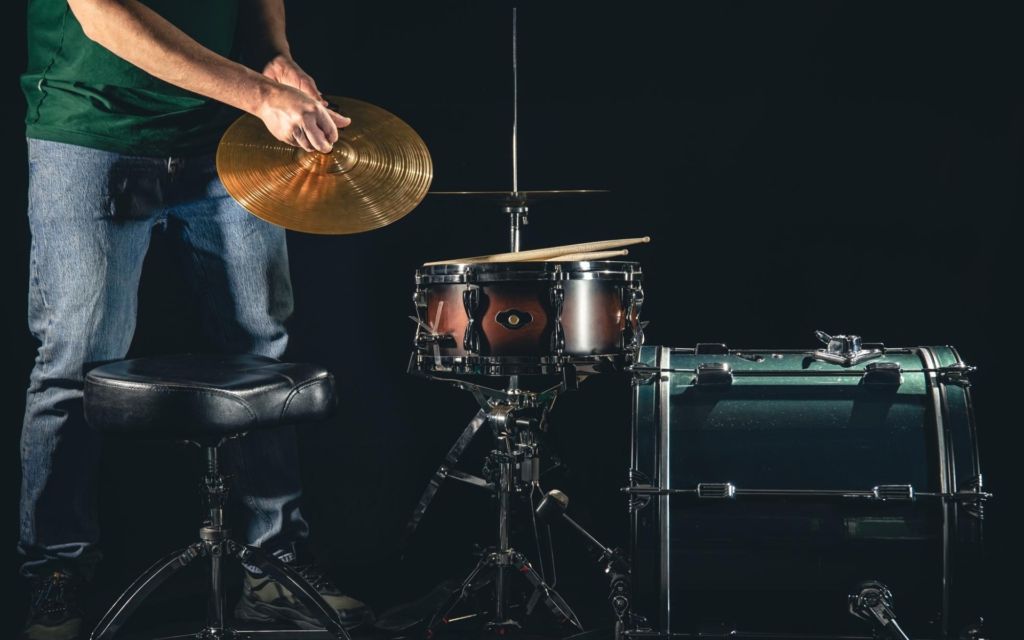Back in March of 2015, Pharrell Williams claimed that the Blurred Lines copyright lawsuit will stifle creativity. Speaking for the first time since a jury determined that he and Robin Thicke copied Marvin Gaye’s ‘Got to give it up’. He explained: “The verdict handicaps any creator out there who is making something hat might be inspired by something else. This applies to fashion, music design…anything. If we lose our freedom to be inspired, we’re going to look up one day and the entertainment industry as we know it will be frozen in litigation. This is about protecting the intellectual rights of people who have ideas.”
Blurred lines was the biggest selling single of 2013, achieving millions of copies sold worldwide and topping the charts in 20 countries. After the Jury decided that the defendants were guilty, Gaye’s children were awarded a staggering $7.4 million in damages for breach of copyright. It was one of the largest pay-out in music copyright history.
In cases such as the Robin Thicke trial, forensic musicologists analyse songs by looking into every single aspect of the music. This includes harmonics, chords, timbre, rhythm and tonality. Every case is judged on its merits, and every case is different. The length, quantity and quality of ‘substantial part’ in the copy will determine the outcome of the case.
Whilst i sympathise with the size of the damages awarded in this case, I disagree with Pharrell’s opinion regarding the copyright laws surrounding entertainment industries. Copyright protects the product of intellectual endeavour, and legislates against imitation. Copyright gives the creator of work protection. This is designed to encourage creativity and development. I believe that strict copyright laws promote innovation, and inhibit the reproduction and duplication of works. To create unique and original music allows the industry to progress, paving the way for new trends and driving consumer tastes.
To determine the ‘substantial part’ from an original song to a newer work in court will always be tricky. There is never a black and white answer and every case is different. It is also true that strict copyright laws can negatively impact innocent songwriters who have unintentionally copied another work. There are 12 notes in total in the western musical scale, and there can only be a certain number of variations in the order of the notes alongside rhythms. If copyright laws are so strong that the writer of a piece of music that is unintentionally similar to an earlier work gets sued then songwriters and musicians will not be able to freely create music without fearing they will be taken to court.
Many people believe that the outcome of the Pharrell Williams and Robin Thicke trial was a travesty, and see the result of the case as the start of a negative future for the music industry. Unscrupulous opportunists will hunt for small details within music to identify slight similarities to established works and do their very best to get a slice from the artists that had no intention of copying works whatsoever. Will music be safe anymore?
━━━━━━━━━━━━━━━━━━━━━━━━━━━━━━━━━━━━━
This article is a guest blog of mine that originally featured on Music Think Tank.









